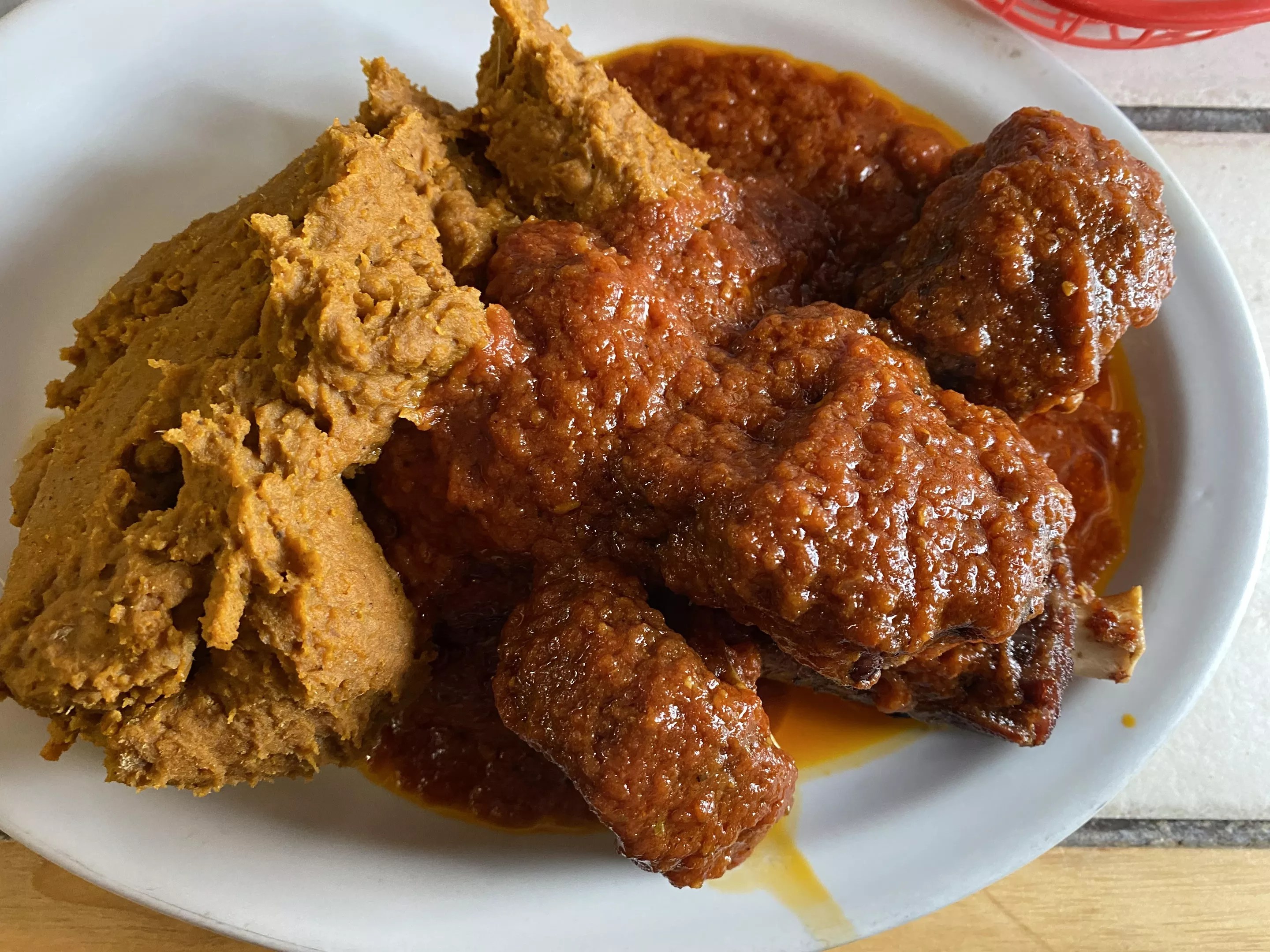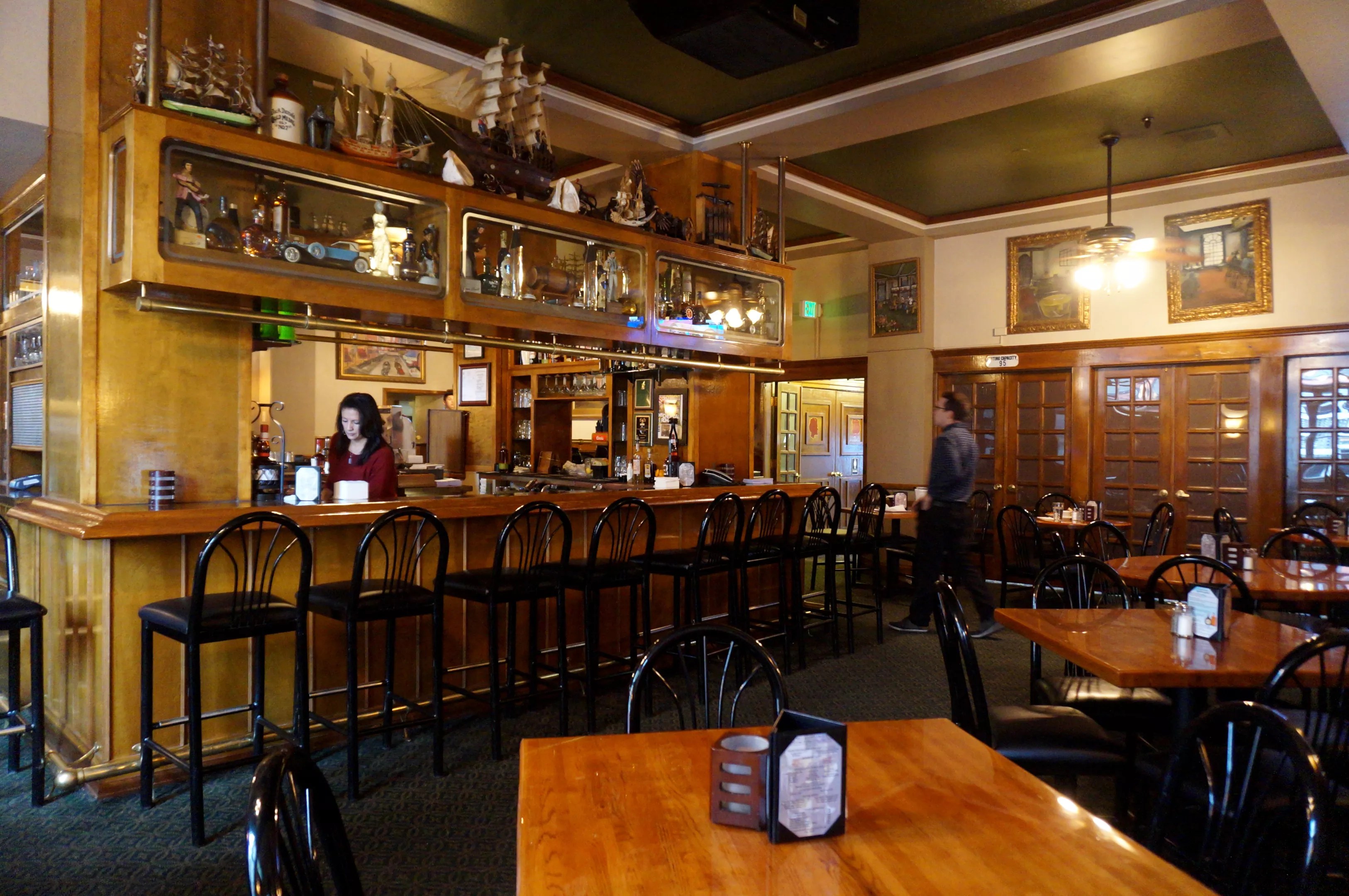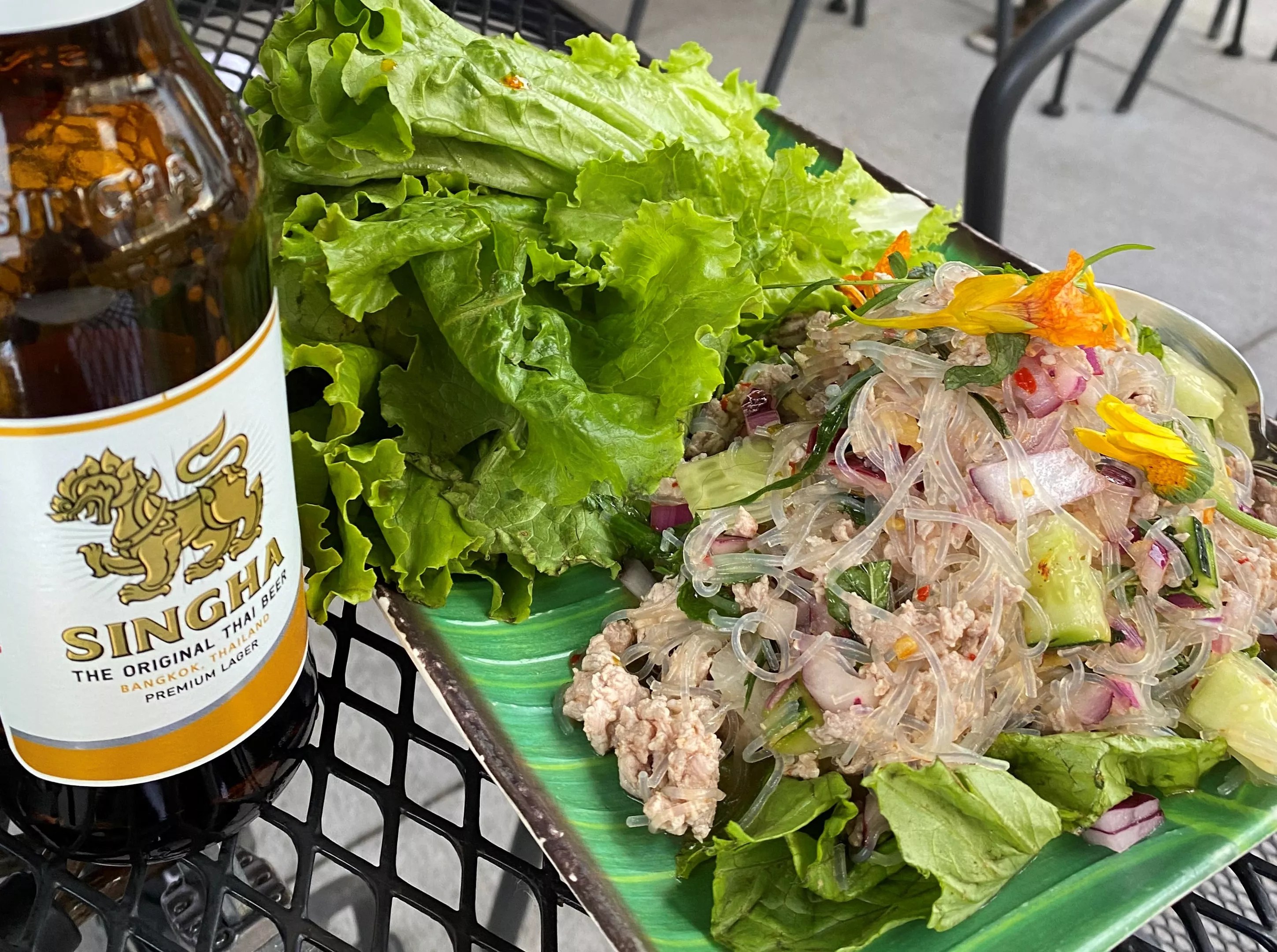
Mark Antonation

Audio By Carbonatix
For the better part of the last decade, my job was keeping track of the Denver restaurant scene, first as a Westword freelancer and then as the Food and Drink Editor. It was my duty – and my pleasure – to report every happening, every opening and closing, and every tasty bite I sampled throughout the city. So if you read about a big-name chef jumping to a new restaurant, a hot new taqueria or the closing of a longtime favorite, chances are you read about it in Westword.
But since May, I’ve been working for the Colorado Restaurant Foundation, and now I keep an eye on the scene for different reasons. I still scout out great places to eat, but mostly for my own enjoyment. More important, I’m looking at where the CRF can help out through its mission of hospitality workforce education and advancement, mental health and wellness support, and emergency relief assistance.
While educational programs like Colorado ProStart, which provides high school education and college scholarships in culinary and hospitality fields, and ServSafe, which offers certification in food and beverage safety through a range of classes, have been part of the CRF for years, I’m helping put out the word to a larger audience in order to get more young people interested in restaurant, hotel and resort jobs early. During the eighteen months of the COVID pandemic, the organization has also focused on hardship assistance and, more recently, providing incentives to attract workers to restaurant jobs.
The pandemic was especially hard on restaurant workers, most of whom suddenly found themselves out of jobs on March 17, 2020, when all eateries across Colorado were closed to on-premises dining. And through the following months of ups and downs, those workers who remained or returned after long furloughs dealt with dangerous work conditions, irritable customers and big changes in job responsibilities and hours – all of which added to the stress of an already high-stress industry. Many people found work in other fields rather than wait for restaurants to rebound, so when COVID vaccines became widespread and customers began to return in droves, those customers found their favorite eateries experiencing short-staffed kitchens and dining rooms.
One of the CRF’s new programs is Denver Back to Work, created in partnership with the City and County of Denver and the Colorado Hotel & Lodging Association using $1 million in federal COVID relief funds. Denver Back to Work provides restaurants with up to $10,000 each, which they can use to pay employee hiring and retention bonuses as well as bonuses for long-term employees who have been hit hard by the economic strain of the past eighteen months. The goal is to reward those who have shown commitment to the industry and to attract new and returning workers.
Apprenticeship programs are also giving young people incentives to commit to restaurant jobs. The CRF has been partnering with Colorado restaurants to implement training programs for cooks and managers; in combination with ongoing classroom education, that will give apprentices the chance to earn while they learn and increase their value in the job market. Businesses as small as Brider and Chook and as big as the Gaylord Rockies Resort & Convention Center have taken on apprentices through the CRF, and we plan to expand the program exponentially in 2022. We’re also looking at ways to promote ProStart to get more skilled high school students into professional kitchens to help restaurant owners through the labor shortage. Many restaurants simply don’t have the time to train new employees in the basics or the resources to send them through food-handling classes, but many ProStart students have already received training and certification as part of the program’s requirements.
As communications manager for the CRF, I’m talking to a much wider range of industry people, from educators to chain restaurant operators to food and beverage distribution executives. I spend less time dining out than I did as a food writer, and my perspective is a little different than it once was. When I step up to an order counter or sit down in a dining room, I wonder if the staff is getting adequate mental health support, if the manager knows that there are eager ProStart students and apprentices ready to fill job openings, if the beverage director or the COO started their career by learning about hospitality management in a high school or college classroom.
Promoting the best in metro Denver’s dining scene has always been one of my goals, and now I get to do it for the whole state. The customer experience is of the utmost importance in the hospitality world; it’s why restaurants exist. But an overworked, stressed-out staff won’t be happy and won’t contribute to a positive experience. I may not be writing about where to get a great experience anymore, but I’m helping the Colorado Restaurant Foundation support restaurants and their employees to make sure that they have what they need to thrive and succeed.
And, of course, there’s another way I can support restaurants: I’m trying to become more of a regular customer at eateries I love. That was impossible when I was eating for a living; there were so many places to try that I could never become a fixture at any one bar or restaurant in metro Denver. But now I find myself returning to these five favorites as often as my wallet will allow:

Aprapansa with oxtail at African Grill.
Mark Antonation
The African Grill & Bar
955 South Kipling Parkway, Lakewood
303-985-4497
The African Grill & Bar has been serving up the cuisine of multiple African nations in various locations for more than a decade. The warm hospitality and bold flavors created by owners Theodora and Sylvester Osei-Forwuo are unequaled in the metro area, and there’s always something new to try on the menu – though lately I’ve been sticking with aprapansa (a spicy cornmeal and tomato-based stew) with slow-cooked oxtail.

Charlie Brown’s has happy hour from 4 to 7 p.m. daily.
Mark Antonation
Charlie Brown’s Bar & Grill
980 Grant Street
303-860-1655
Monthly meetups at Charlie Brown’s with a group of friends, many of them current or former food writers, start early and end late, mostly on the spacious covered patio, but sometimes near the piano for tipsy sing-alongs. The food is as old-school as the decor; I’m a sucker for a Greek pizza or a shared platter of deep-fried appetizers.

Seasonal soft shell crab po’boy from Pirate Alley.
Mark Antonation
Pirate Alley Po’Boys
3215 Zuni Street
Pirate Alley is only open Wednesdays through Fridays, when it serves chef Kyle Foster’s New Orleans-style sandwiches from the back door of his wife’s Stir Cooking School. I usually find myself ordering whatever Foster unveils as a new special, such as this past summer’s blue crab po’boy.

Northern Thai garden rolls at Taste of Thailand.
Mark Antonation
Taste of Thailand
2120 South Broadway
303-762-9112
Much like the African Grill, Taste of Thailand excels in both the kitchen and dining room, thanks to owners Noy and Rick Farrell. Back for the cooler months is Noy’s famous Flu Shot Soup, made with an abundance of Thai herbs and spices, many from the couple’s backyard garden. If you’re a true heat-seeker, don’t skip the Rural Fire, a blazing curry studded with fresh chiles that only comes in one heat level.

Ttokbokki with fried dumplings at Thank Sool Pocha.
Mark Antonation
Thank Sool Pocha
2222 South Havana Street, Aurora
720-485-3682
Thank Sool Pocha is an exemplary Korean pub, with a lively atmosphere, a wide range of Korean booze and well-made dishes built for sharing. The Korean fried chicken is great, of course, but the kimchi or seafood pancakes are a fine place to start, and larger dishes like tteokbokki (rice cakes in a spicy gochujang sauce) and army stew will feed a large group. This is the perfect place to explore soju, since Thank Sool Pocha carries a wide range of brands and flavors of the grain-based beverage that’s similar to Japanese sake.
This piece also appears in Bites, our annual guide to the Denver restaurant scene that is included in this October 14 issue of Westword.